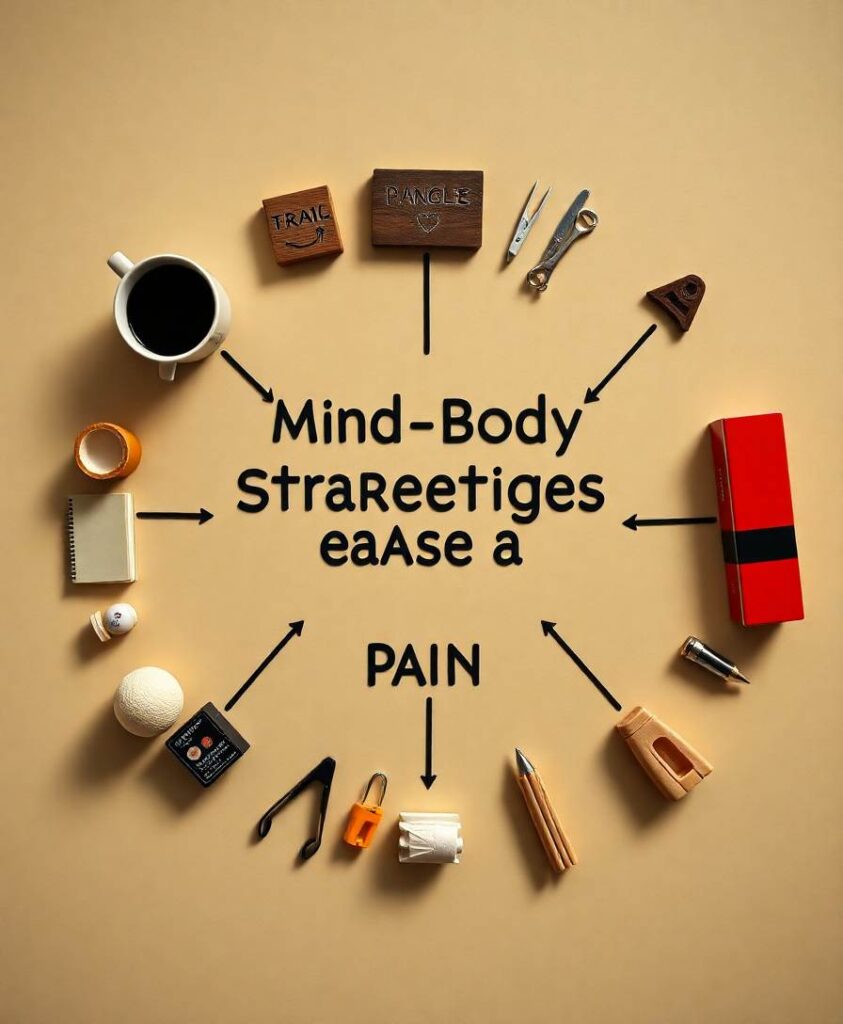Low-frequency whole-body vibration (WBV; 40 Hz), a low impact form of exercise, intervention for a month following moderate transient middle-cerebral artery occlusion (tMCAO) reduces infarct volume and improves motor function in reproductively senescent, middle-aged female rats. Since post-stroke cognitive decline remains a significant problem, the current study aims to investigate the efficacy of WBV in ameliorating post-tMCAO cognitive deficits and to determine the underlying putative mechanism(s) conferring benefits of WBV in middle-aged rats. Middle-aged rats of both sexes were randomly assigned to tMCAO (90 min) or sham surgery followed by exposure to either WBV (twice a day for 15 min each for 5 days a week over a month) or no WBV treatment groups. Following the last WBV treatment, rats were tested for hippocampus-dependent learning and memory using a water maze followed by harvesting brain and blood samples for histopathological and inflammatory marker analyses, respectively. Results show that post-tMCAO WBV significantly lessens cognitive deficits in rats of both sexes. Post-tMCAO WBV significantly decreased circulating pro-inflammatory cytokines and increased serum levels of irisin, a muscle-derived hormone that may play a role in brain metabolism and inflammation regulation, which suggests putative beneficial mechanisms of WBV.



